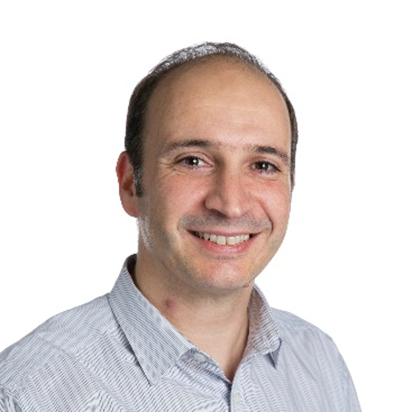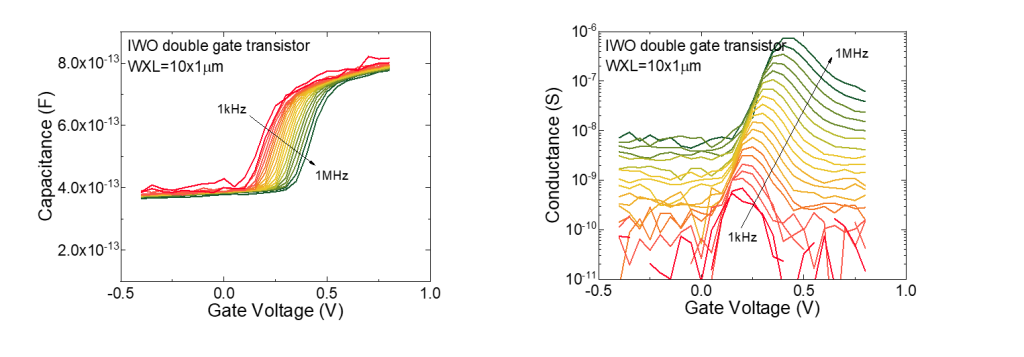Dr. Karim Cherkaoui, a Principal Investigator in the Nanoelectronic materials and Devices group at Tyndall National Institute, shares some information about his role, research area and upcoming opportunities in his field.

What is your current role?
I am currently leading a recently-funded, Science Foundation Ireland (SFI) US-Ireland project, dedicated to the study of Ga2O3 fundamental properties. This promising material can be used to produce efficient devices for power electronics or telecommunication applications.
In my current role, I perform experimental work, supervise students, manage the project and collaborate with colleagues in UT Dallas and Queen’s University Belfast.
What is your current research focus?
The focus of most of the projects I am involved in is the study of electrically active defects at the interface between different semiconductors and oxides. Currently, this area is shifting towards an exciting new field, which is the study of defects at the interface between two oxides one semiconducting and one insulating. Understanding defects will help control them or use them to improve future electronic devices.

What path led you here?
I studied applied physics in France. After my PhD in semiconductor physics, I applied for a post doc in the NMRC (former name of Tyndall). I very much enjoy working in Tyndall and life in Cork, except the hills (I cycle!).
I feel I am privileged to have the freedom to work in an area that I find stimulating, relevant to industries based in Ireland and is well supported by our funding agencies.
Did you have a role model who influenced your career choice?
Throughout my studies and my career, I have met exceptional individuals; their sheer talent and dedication to their work inspired and continues to inspire me.
What advice would you give to those looking to join your area of expertise?
My advice to young researchers is to collaborate and build a strong network within their field or even outside their field of expertise. It is often the interdisciplinary research that leads to disruptive findings. I think we should also get used to working more with colleagues from social sciences or philosophy as the research field moves to more and more intelligent systems and smart devices.
Dr. Cherkaoui is currently advertising for a postgraduate opportunity working on the fundamental application of Ga203. The role also entails opportunities to travel to the University of Texas in Dallas and Queens University in Belfast as part of the research.
